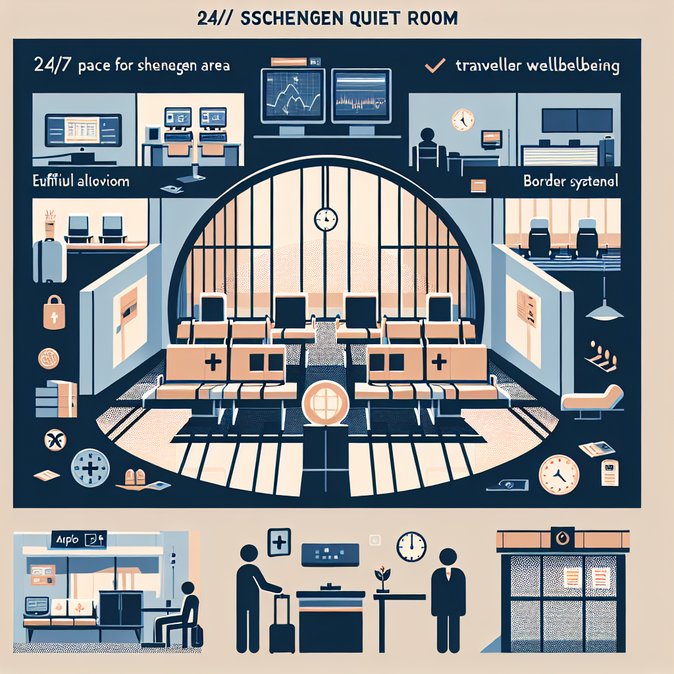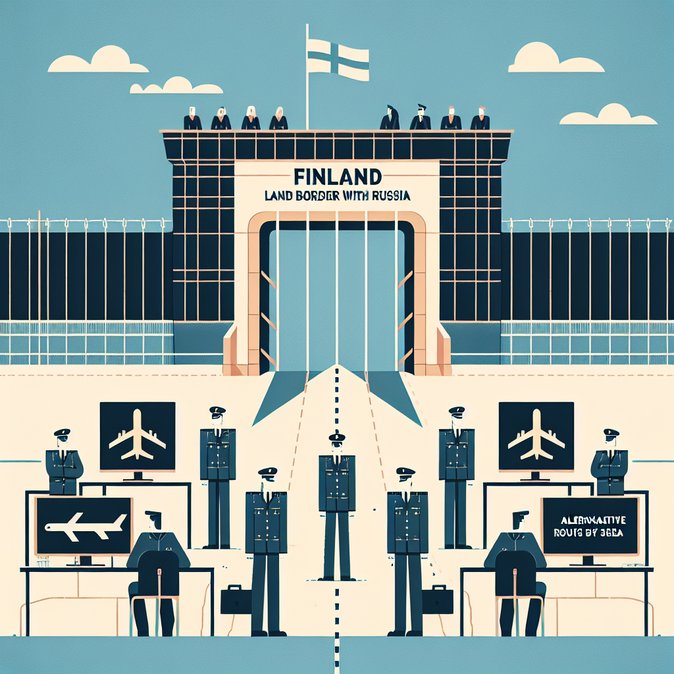
Finavia has opened a dedicated Quiet Room next to Gate 32 in Helsinki-Vantaa’s Schengen pier, expanding the airport’s wellbeing offer after a successful trial in the non-Schengen area in 2023. The new facility is open around the clock and is designed for meditation, prayer, silent reflection or simply escaping the hustle of departures. Natural light, acoustic panelling and neutral colour schemes were selected after passenger consultations, while a partnership with the Vantaa parish union ensures chaplaincy support and the possibility of on-the-spot blessings or weddings.
For business-mobility programmes the addition is more than a nice-to-have: employee wellbeing is increasingly embedded in travel-risk frameworks, and soft facilities such as faith spaces can influence hub selection where multiple routings exist. Helsinki competes with Copenhagen, Stockholm and Amsterdam for connecting traffic; Finavia’s service strategy is to add high-value “third spaces” that make layovers less stressful for frequent flyers.
![Helsinki Airport unveils 24-hour multi-faith ‘Quiet Room’ for Schengen-side passengers]()
The Quiet Room also anticipates forthcoming EU border changes. From 12 October 2025 non-EU nationals will undergo biometric registration under the Entry/Exit System (EES), a process Finavia expects could lengthen peak-hour queues. By situating the new space air-side in the Schengen zone, Finavia gives connecting travellers a sanctuary without requiring them to reclear passport control.
Early usage data from the non-Schengen prototype showed heavy demand from Muslim passengers needing set prayer times and from long-haul transfer passengers seeking low-stimulus environments before onward red-eyes. Four free work pods will be installed in December to allow travellers to combine quiet time with last-minute e-mails, reflecting a broader blurring of business and leisure needs.
Companies routing staff through Helsinki should update pre-trip information to include the new amenity, particularly for employees with faith-based requirements. Duty-of-care teams can also note that the Quiet Room offers a discreet location for emotional first-aid in the event of disruption or travel-related stress.
For business-mobility programmes the addition is more than a nice-to-have: employee wellbeing is increasingly embedded in travel-risk frameworks, and soft facilities such as faith spaces can influence hub selection where multiple routings exist. Helsinki competes with Copenhagen, Stockholm and Amsterdam for connecting traffic; Finavia’s service strategy is to add high-value “third spaces” that make layovers less stressful for frequent flyers.

The Quiet Room also anticipates forthcoming EU border changes. From 12 October 2025 non-EU nationals will undergo biometric registration under the Entry/Exit System (EES), a process Finavia expects could lengthen peak-hour queues. By situating the new space air-side in the Schengen zone, Finavia gives connecting travellers a sanctuary without requiring them to reclear passport control.
Early usage data from the non-Schengen prototype showed heavy demand from Muslim passengers needing set prayer times and from long-haul transfer passengers seeking low-stimulus environments before onward red-eyes. Four free work pods will be installed in December to allow travellers to combine quiet time with last-minute e-mails, reflecting a broader blurring of business and leisure needs.
Companies routing staff through Helsinki should update pre-trip information to include the new amenity, particularly for employees with faith-based requirements. Duty-of-care teams can also note that the Quiet Room offers a discreet location for emotional first-aid in the event of disruption or travel-related stress.
More From Finland
View all
Finnair resurrects Helsinki–Krabi direct flights, giving Finnish business travellers a nonstop winter sun option

Travel advisory reiterates full closure of Finland’s land border with Russia, warns corporates to keep contingency plans
